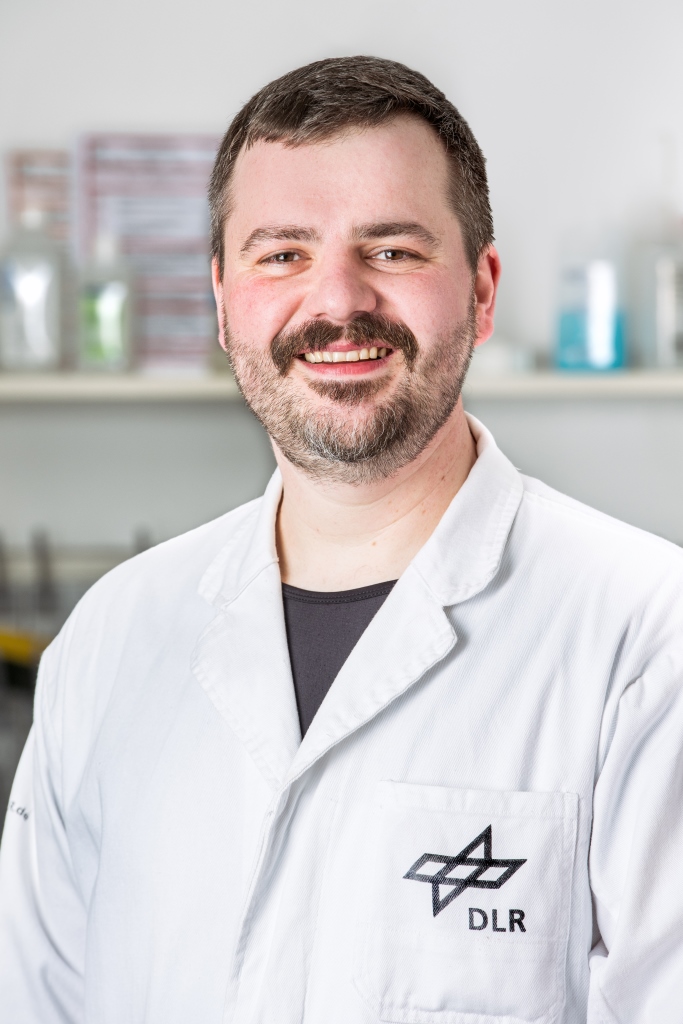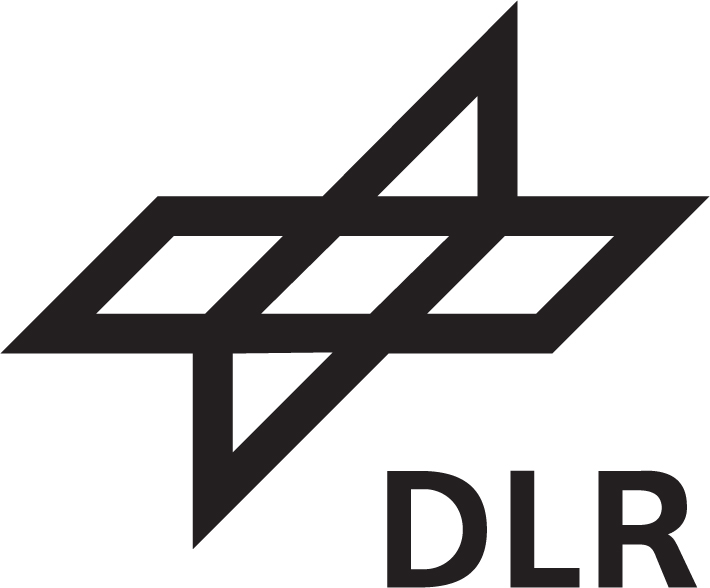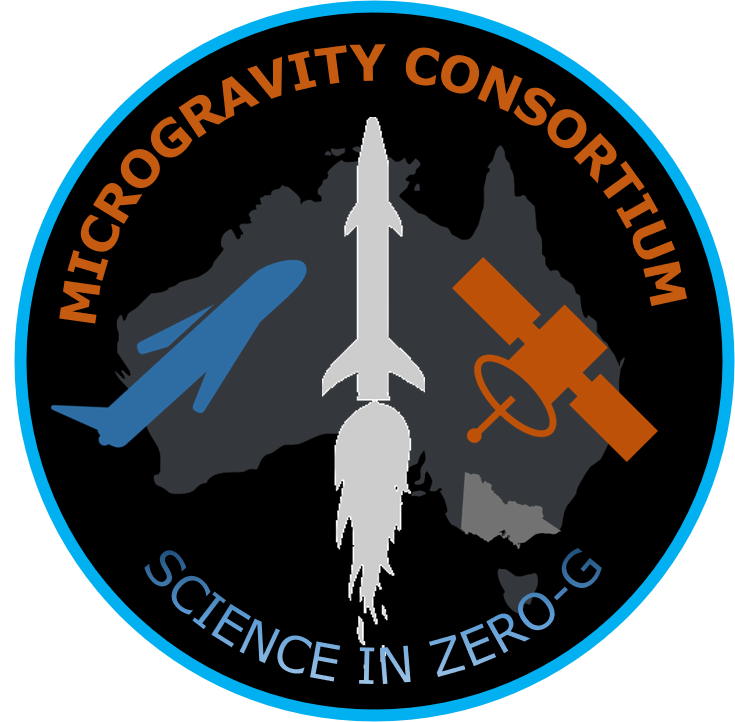3rd Annual LIMS-DLR Microgravity Workshop

Gravity is the only constant force that has been present throughout evolution, and it has shaped all life on Earth. Understanding how gravity affects biological systems will not only enhance human space exploration; it will help us understand how to improve life and combat disease on Earth.
Join us for the 3rd Annual LIMS-DLR Microgravity Workshop, hosted by the La Trobe Institute for Molecular Science (LIMS) and the German Aerospace Centre (DLR), and learn what gravity can tell us about our own biological systems.
Presented by world-renowned gravitational biologist Dr Jens Hauslage (DLR), the workshop offers the unique opportunity to conduct practical experiments so you can gain essential hands-on experience in microgravity simulation. It will also provide an overview of the impact of gravity on life and the current knowledge on gravity perception in cells, plants and animals.

3rd Annual LIMS-DLR Microgravity Workshop
WHEN: 3 – 5 Dec 2024, 9.00am – 5.00pm
WHERE: Level 1, TLC (The Learning Commons)
La Trobe University – Melbourne Campus
Plenty Road & Kingsbury Drive
Bundoora VIC 3086
COST: $20 (Student) | $50 (Non-Student)
What you will learn
Across three days, the workshop will include:
- Hands-on experience performing practical microgravity simulation experiments with a wide spectrum of life forms, including artificial membranes, single cells, plants, protozoans, and the simplest animal Trichoplax.
- Discussion of adaptation capacities demonstrated by plants due to their landfall millions of years ago, as well as exposure of biological systems to altered gravity conditions in space exploration and flight.
- Discussion of how Gravitational Biologists help humans survive in harsh environments and on extraterrestrial and habitats by building biological life support systems using knowledge of the role of gravity in these systems.
- Explanation of the techniques used in different areas of life science to perform experiments in simulated microgravity (Clinostats), real microgravity (Drop Towers, Parabolic Plane Flights and Sounding Rockets), and hypergravity (Large Centrifuges) on Earth and in space.
- Presentation of current research projects, and discussion of their significance in the scientific environment.
About Dr Jens Hauslage

Dr Jens Hauslage has studied biology and plant physiology from the Institute of Gravitational Biology, University of Bonn, Bonn, Germany, under the supervision of A. Sievers and M. Braun from 1999 to 2005. He received the Ph.D. degree (Magna cum laude) from the University of Bonn in 2008. After his diploma in biology, he got a Ph.D. grant to unravel the functional mechanisms of gravity sensing in plants. As leading PI participates several parabolic plane flight and sounding rocket campaigns with self-developed experimental setups and facilities for using under microgravity. He started to work in the German Aerospace Center (DLR), Russia. First time in the development of ground base facilities to produce functional weightlessness for small organisms, cell cultures, and plants. Besides his research activities at the DLR, he gave lectures at the University of Bonn; University of Hohenheim, Stuttgart, Germany; the International Space University, Strasburg, France; the University of Erlangen, Erlangen, Germany; and the Skolkovo Institute of Science and Technology, Moscow, Russia. Dr. Hauslage was an Editor of the journal Microgravity, Science and Technology and an Active Reviewer of Acta Astronautica, Reach, Microgravity Science and Technology, and the Life Science for Space Research.


